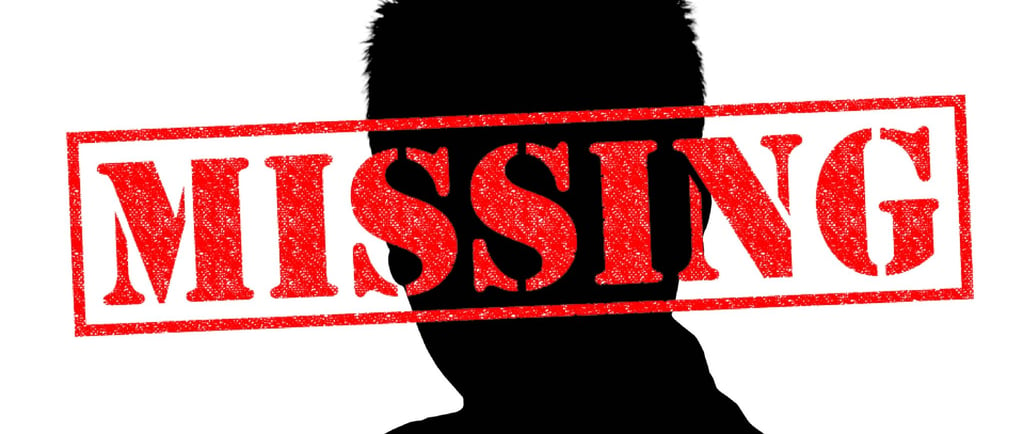Missing Persons Week: What You Need to Know
Exploring the complexities of missing persons, providing statistics, reasons for disappearances, and guidance on what to do if someone goes missing.
8/8/20243 min read


Missing Persons Week: What You Need to Know
The Scale of the Problem
In 2023, over 55,000 missing persons reports were made to police in Australia, averaging more than 150 missing events daily. Most of these reports involved individuals aged 13-17, and fortunately, over 99% of those reported missing in 2023 were located, with most found alive and well. However, over 2,500 people remain listed as long-term missing, meaning they have been missing for over three months, with some cases spanning decades. This week marks Missing Persons Awareness Week in Australia, urging everyone to visit the missingpersons.gov.au website, review the photos, and see if you recognize anyone.
Defining a Missing Person
In Australia, a missing person is defined as someone reported missing to police, whose whereabouts are unknown, and where there are concerns for their safety or welfare. While anyone can go missing, adults are more likely to be long-term missing. Currently, Australia has about 2,500 long-term missing persons. New Zealand has around 11,000 missing persons reports annually, with about 250 long-term cases. The UK reports 200,000 missing persons each year, with 5,200 long-term cases. In the USA, 600,000 individuals are reported missing annually, with over 90,000 long-term cases.
Reasons People Go Missing
People go missing for various reasons: getting lost, voluntarily disappearing, being under the influence of a third party, or due to accidents, injuries, or illnesses. It's crucial to understand that being listed as missing does not mean a person is wanted by the police. Often, missing individuals found deceased have not been murdered; they may have taken their own lives, experienced an accident, or suffered from misadventure. It's important to remember that going missing is not a crime, and adults have the right to remain undisclosed even if reported missing.
Reporting a Missing Person
If you have concerns for someone's safety and welfare, you can report them missing to local police without waiting 24 hours. This applies in Australia, the UK, and New Zealand, with most US states having similar policies. In Australia, a missing person's report should be made to the police if someone's disappearance is out of character and there are concerns for their safety.
What to Do If You See a Missing Person
If you encounter someone you believe is listed as missing, report it to Crime Stoppers at 1800 333 000. Information provided will be directed to the relevant missing persons unit or the investigating officer. For Australians missing overseas, reports should be lodged with local police and the Department of Foreign Affairs and Trade (DFAT), and possibly Interpol, to facilitate international cooperation.
Immediate Actions When Someone Goes Missing
If someone you know goes missing, take immediate action by reporting to the police, documenting everything you know, enlisting help to search, and creating and distributing posters. In the first week, use volunteers for search efforts, leverage social media, consider hiring a private detective, and contact the media. In the first month, re-engage with the media, create new materials, expand your web presence, contact federal police, and manage the missing person's affairs. Long-term efforts should include expanding the search, using family tracing services, creating age progression images, and possibly opening an inquest.
Dealing with Ambiguous Loss
Ambiguous loss, the uncertainty of not knowing whether a missing person is alive or dead, creates profound emotional challenges. It complicates grieving, leaves loved ones in a state of perpetual search, and can cause significant conflict and anguish among family members. This emotional grey area can be soul-destroying, especially when hope becomes a double-edged sword.
Watch the Full Video
Please visit your country's missing persons database and look through the entries. If you recognise someone, report any information you might have; even a small detail can make a difference.
For more insights into death and related topics, subscribe to our channel and stay informed. Together, let's make a difference in addressing the complex issue of missing persons.
Ready to dive deeper into these crucial conversations?
Book a personalised 1-hour consultation today and gain valuable insights tailored to your specific concerns.

